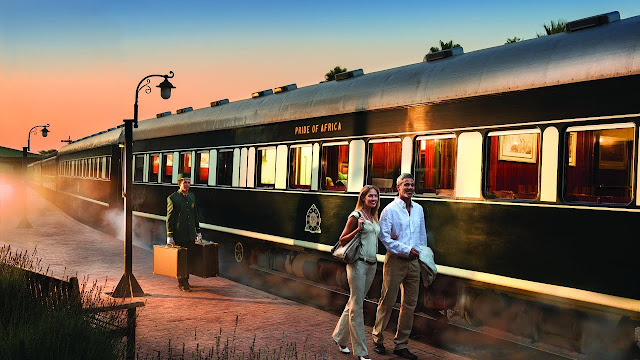Our Space Neighbors
Aliens We Call Neighbors
The other planets that orbit our sun are particularly dear to us. Perhaps it's because so many science fiction works feature trips to the moon, Mars, and other worlds. But we enjoy imagining the planets that make up what we refer to as "the solar system," which perform the same functions as our planet but in quite distinct ways.
In our literature and arts, the planets of our solar system have developed personalities and a mythological allure. It is simple to locate painters who depict their image of the planets that make up our solar system. All of the planets' names—Mercury, Venus, Earth, Mars, Jupiter, Saturn, Uranus, and Neptune—come from mythological figures in ancient Greek and Roman culture. However, these planets do not make up the entire solar system. The solar system is undoubtedly a tremendously active area.
There was a lot of debate in 2006 when astronomers and academics decided to declassify Pluto and lose its status as a planet. So, the questions of what qualifies as a planet and what happened to Pluto must be asked. It must still be there because it didn't just disappear. By definition, a planet is any object in orbit around a sun that has assumed a spherical shape as long as it has cleared its orbit of all other orbiting objects. The term "cleared away" does not imply that all space junk, etc., has been destroyed. For instance, our planet is classified as a planet even though it has not "cleared away" the moon but rather captured it into its own orbit. What a relief, you say?
In addition to the planets we are aware of, our solar system is also home to numerous additional objects. There are 165 moons orbiting those nine planets in addition to the planets, which is an interesting fact. Some scientists have hypothesized that some of those moons may have formerly harbored life since they are so technologically advanced.
Along with these larger planets, an asteroid belt between Mars and Jupiter is where the majority of the asteroids we see in our night sky originate. We suspect that there is an additional belt outside the known solar system called the Oort belt that is the source of many large asteroids and comets that frequently visit our solar system and come to orbit our sun. This belt of large objects is further out and is known as the Kuiper belt. There is also a "bubble" in space known as the heliopause.
The beginning of our solar system is just as fascinating as the myriad heavenly bodies that are our neighbors in space. The early history of the solar system and the universe was one of vast bodies of gas and clouds of matter that eventually cooled and heated, exploded, and spun off stars and other massive space giants that became more stars, galaxies, and solar systems. We have to simplify it in order to understand the terms, but we do know that. Our sun broke away from the gasses as a result of this chaotic action, carrying with it the components of our solar system. Enough stuff was drawn in by the sun's gravitational pull for it to start forming, cooling, bursting, and separating. This is what happened as the planets all underwent the same process, finally forming stable orbits and having minor objects enter their orbits. It's remarkable to take a step back and observe the beauty of our solar system's current structure when you consider how potent and out-of-control this process is.



.jpg)




Comments